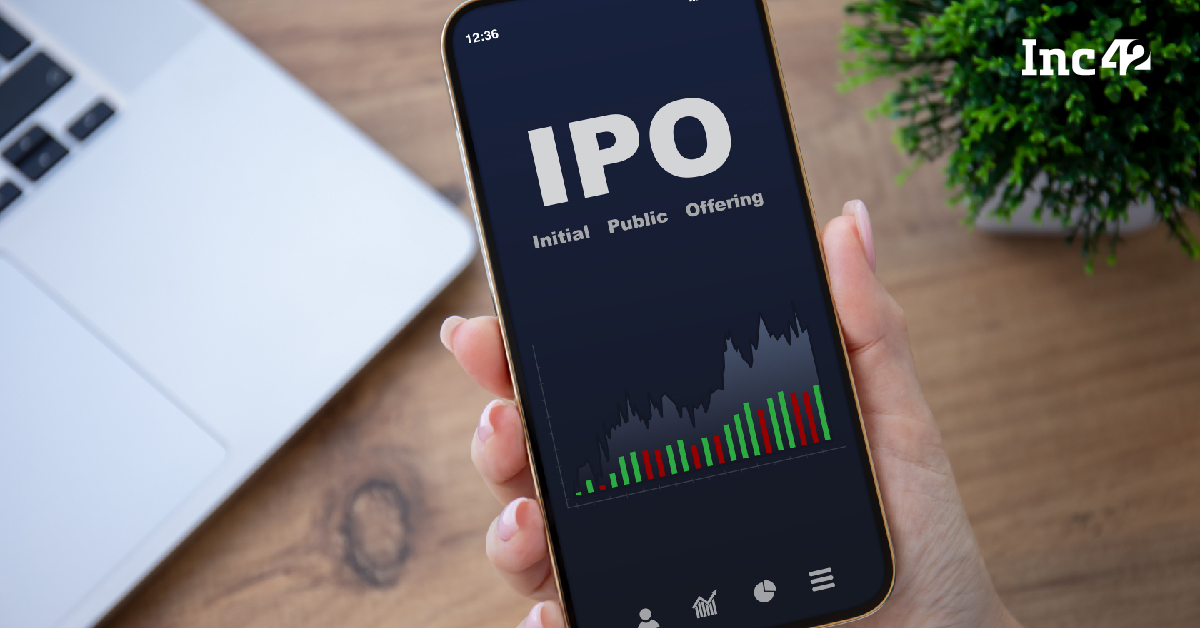The board has also approved stricter norms for disclosure of IPO objects
Now on, credit rating agencies will monitor the utilisation of IPO funds by companies
The capital market regulator has also amended norms for price bands

The SEBI board has approved a slew of amendments to tighten norms for initial public offerings (IPO) requirements.
Among the decisions taken during the board meeting today (December 28th, 2021), the SEBI board has decided to extend the lock-in period for 50% of the anchor investment portion to 90 days from the current 30 days.
The lock-in period for the rest of the anchor investment would continue to be 30 days. The amendment would be applicable for all issues opening on or after April 01, 2022. The move is aimed at encouraging the confidence of retail investors and protecting their interest simultaneously.
A SEBI statement said that the board has approved the proposal to amend various aspects of regulatory framework under the SEBI (Issue of Capital and Disclosure Requirements) Regulations, 2018 and consequential amendment to SEBI (Listing Obligations and Disclosure Requirements) Regulations, 2015; based on the public consultation process on the proposals recommended by SEBI’s Primary Market Advisory Committee (PMAC).
Further, the market regulator has also approved stricter norms for disclosure of usage of net proceeds of an offer.
It said that in case the issuer company in its offer documents, set out an object for future inorganic growth but has not identified any acquisition or investment target, the amount for such objects and amount for general corporate purpose (GCP) shall not exceed 35% of the total amount being raised.
Again, the amount so earmarked for such objects where the issuer company has not identified acquisition or investment target, as mentioned in objects of the issue in the DRHP, shall not exceed 25% of the amount being raised by the issuer.
These limits shall not apply if the proposed acquisition or strategic investment object has been identified and suitable specific disclosures about such acquisitions or investments are made in the DRHP or RHP.
Further, now on, credit rating agencies registered with the SEBI will monitor the utilisation of funds by companies post IPOs till the utilisation is completed.
So far, scheduled commercial banks and public financial institutions were monitoring the utilisation of funds till the usage of 95% of the funds.
“Amount raised for GCP shall also be brought under monitoring and utilisation of the same shall be disclosed in the monitoring agency report. Monitoring agency reports shall be placed before the audit committee for consideration ‘on a quarterly basis’ instead of ‘on an annual basis’,” the statement said.
The capital market regulator has also tweaked the requirement for price bands. Now on, the upper end of the price band should be at least : In case of book built issues, a minimum price% of the floor price.
For issues opening on or after April 1st, 2022, the allocation in the non-institutional investors (NII) category have also been revised
One-third of the portion available to NIIs shall be reserved for applicants with application size of more than INR 2 Lakh and INR 10 Lakh and two-third of the portion available to NIIs shall be reserved for applicants with application size of more than INR 10 Lakh. NIIs generally include high net worth individuals and corporations.
IPO Rush To Continue In 2022
The amendments to norms come at a time when several new age companies are slated to go public next year. About 16 startups are expected to hit the public markets in the coming year.
Some of the giants of the startup ecosystem likely to go public in 2022 are hospitality unicorn OYO, logistics major Delhivery and mobility unicorn Ola.
The bumper listing of Zomato in July stood as the watershed moment for the Indian stock markets and the startup ecosystem. Zomato was followed by the likes of Nykaa, Paytm, Policybazaar.
Other startups which recently went public in the Indian exchanges were Fino Payments Bank, travel tech startup RateGain and MapmyIndia.











